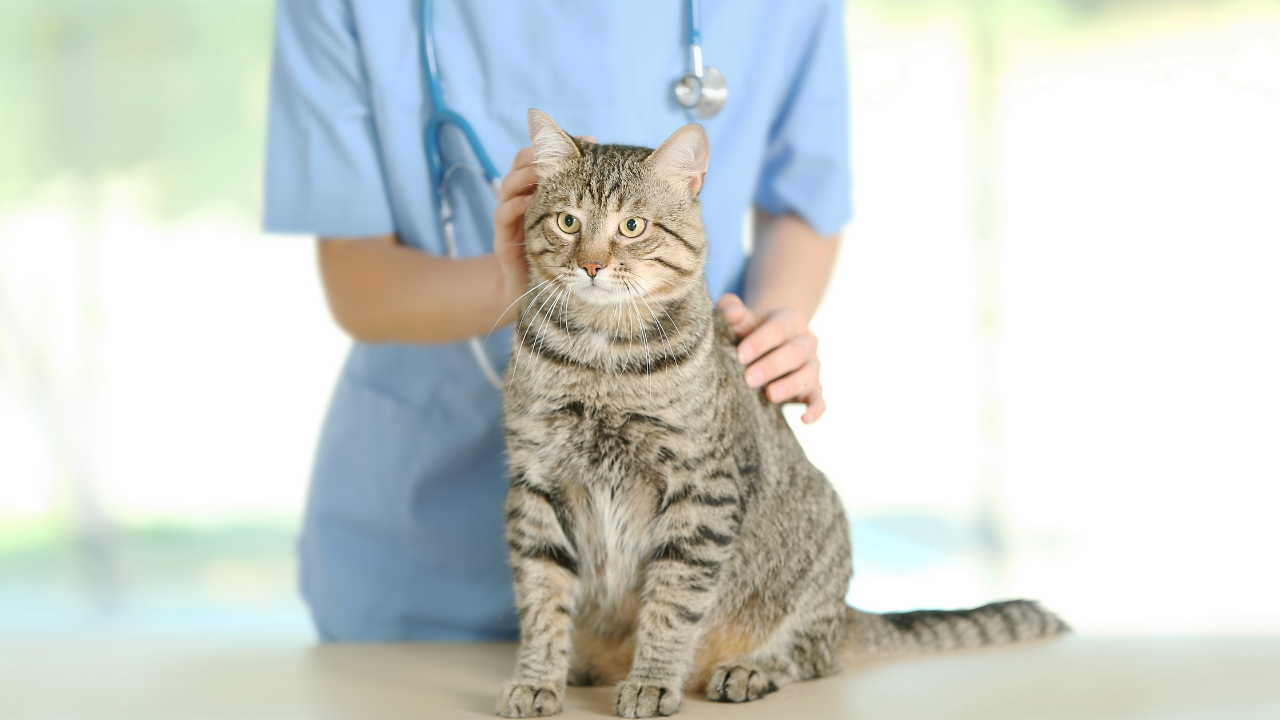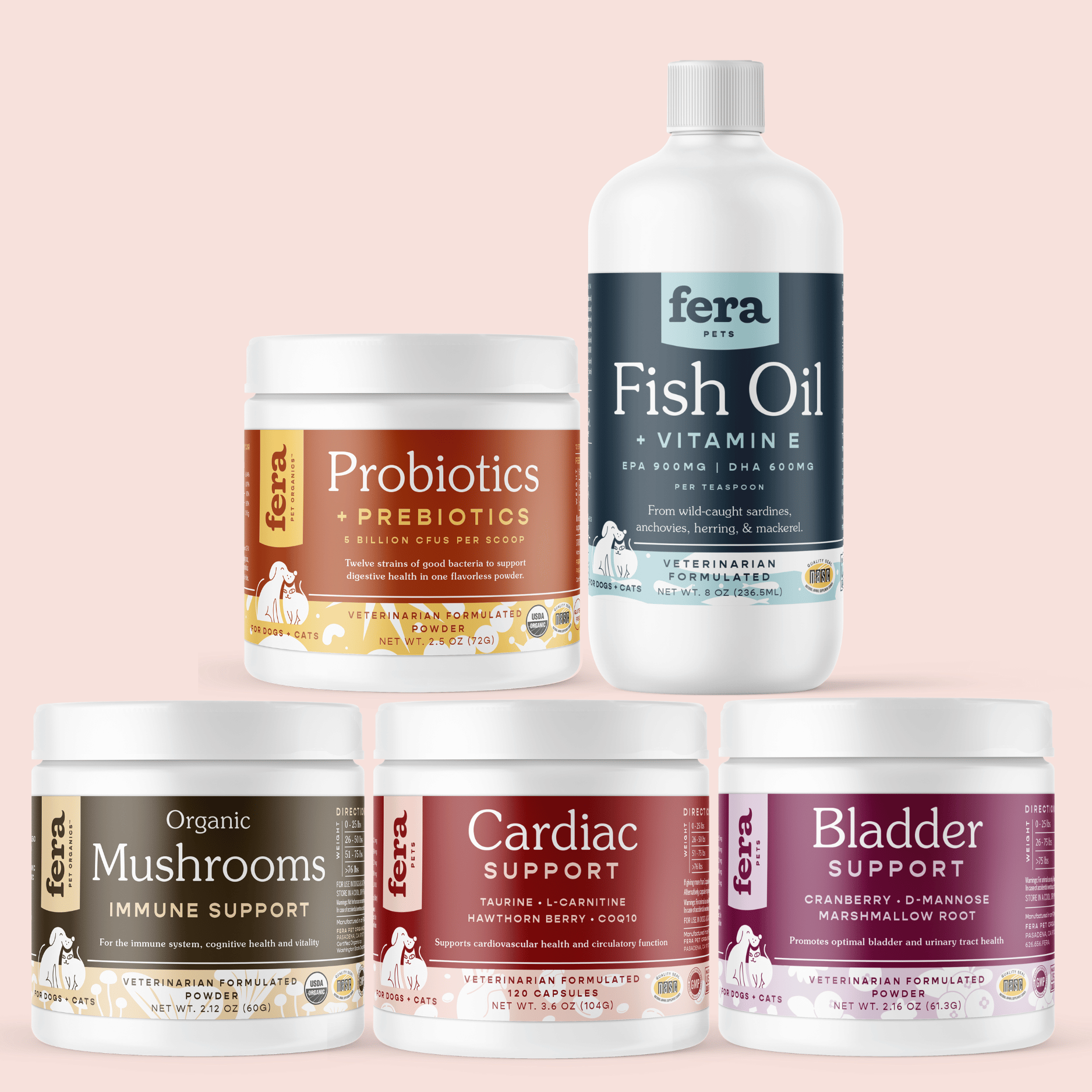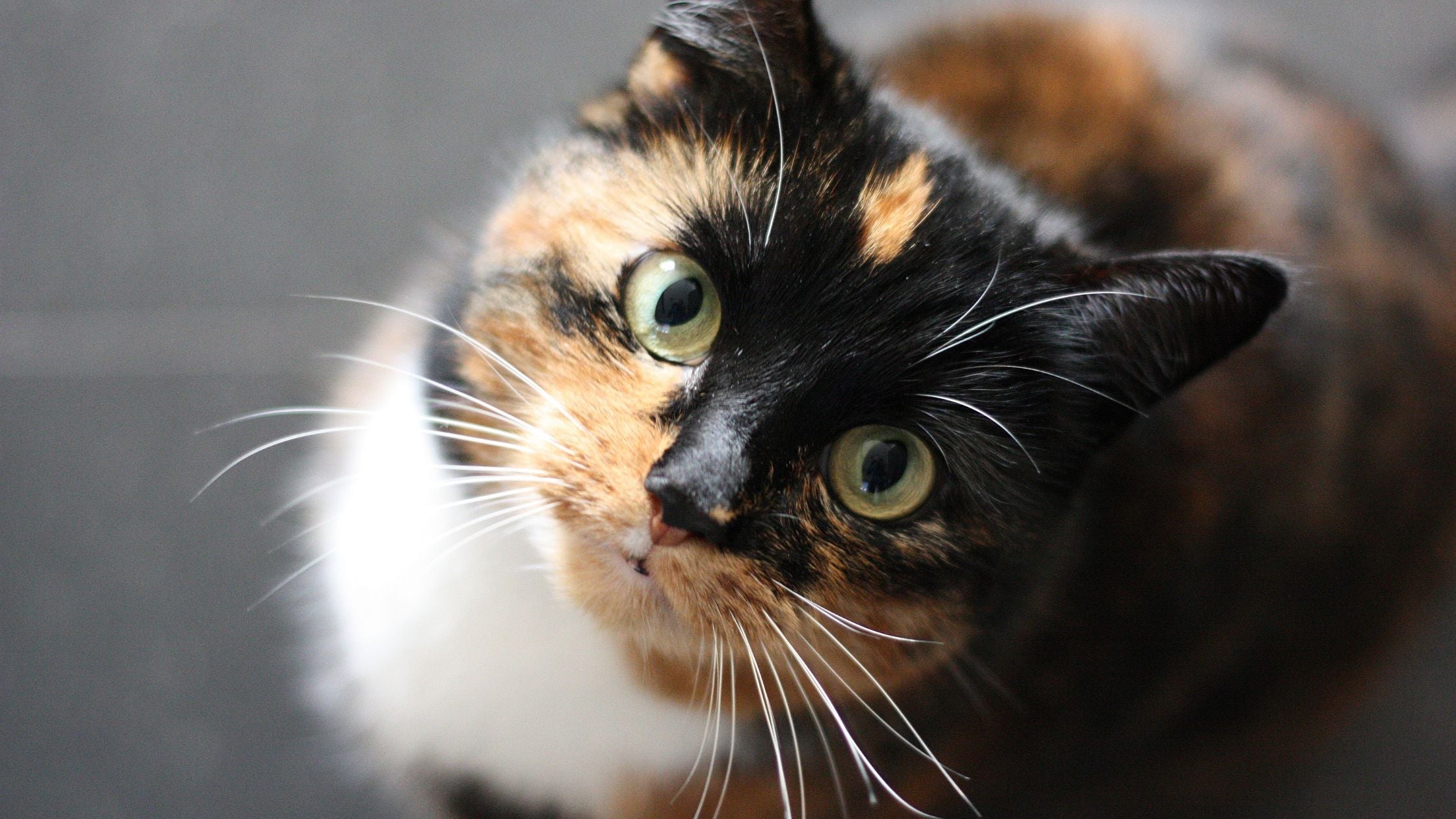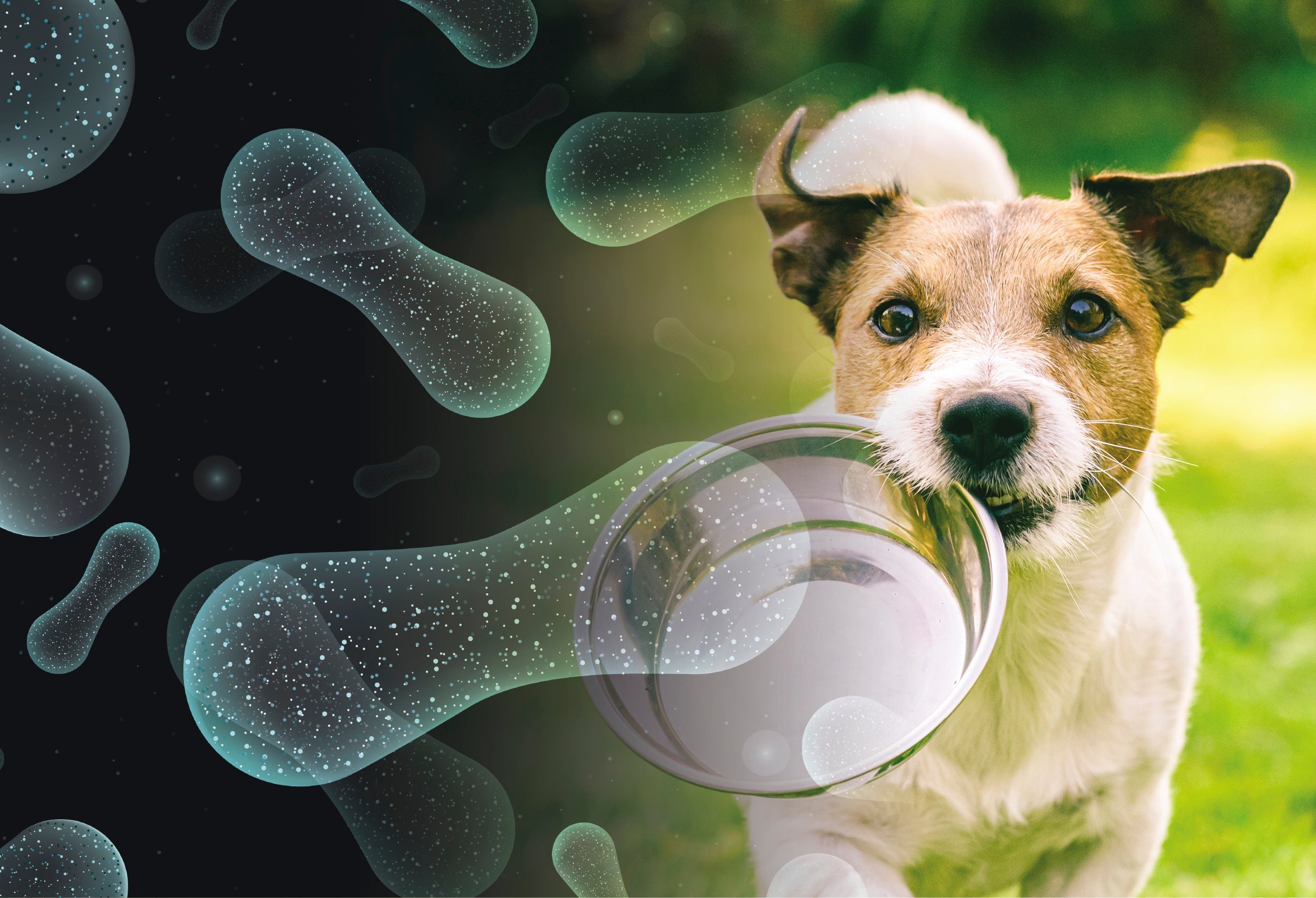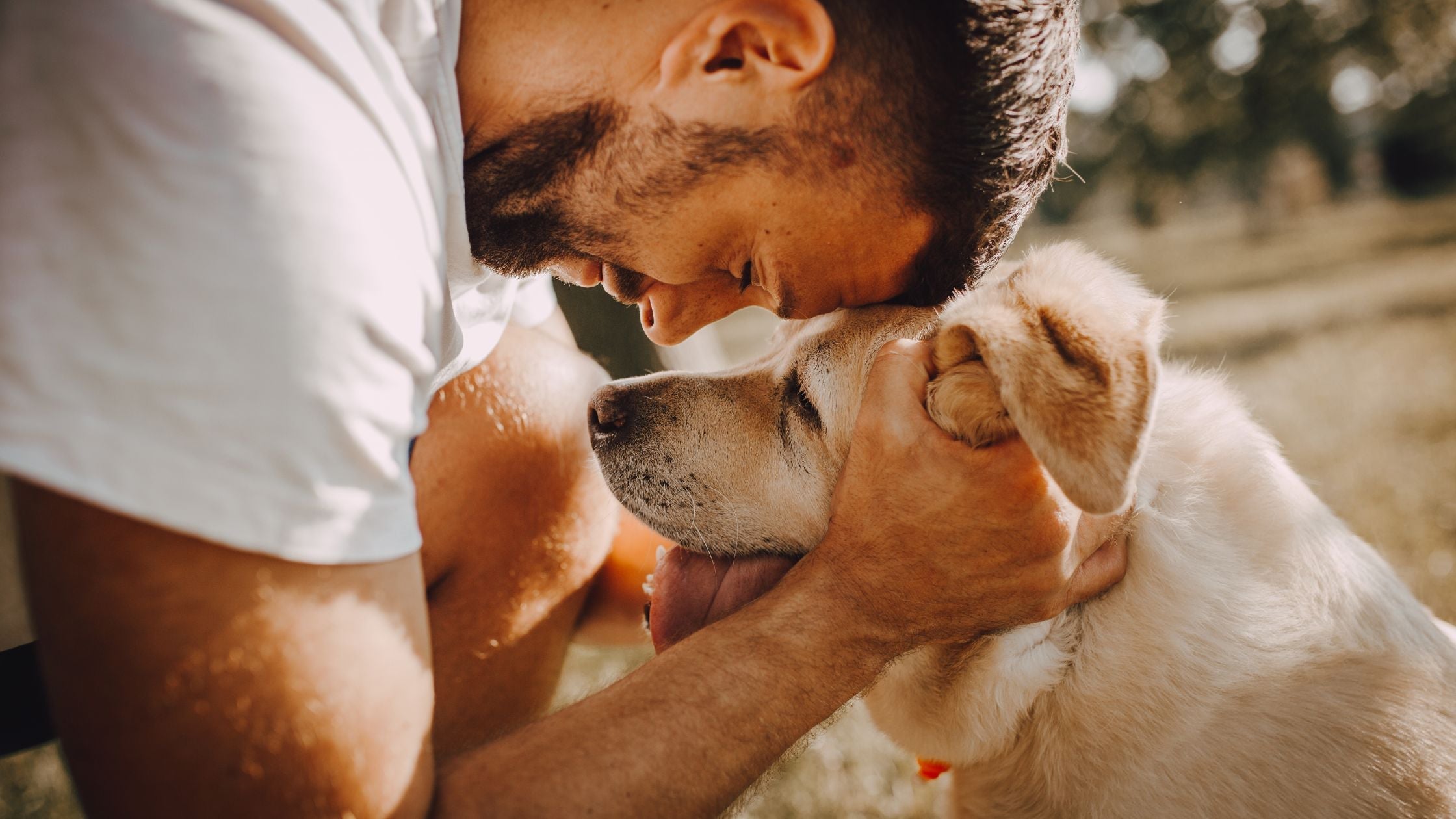6 of the Best Tips For Senior Cat Care and Enjoying The Golden Years Together
Discover the secret to making your senior cat's golden years truly blissful with this expert advice! Learn the best tips for senior cat care, from essential supplements to optimal nutrition and exercise. Embrace a new world of feline health and happiness and give your beloved companion the ultimate gift: a longer and more comfortable life. Don't miss out on this crucial information - it's their quality of life at stake.
Owning a senior cat is one of life’s greatest joys. Not only are they more mature and independent, but they’re always ready for an extra snuggle or to simply lounge beside their favorite human.
However, their changing bodies will require more attention and TLC. By adopting some new healthy habits, your maturing cat will be on the road towards and longer and more comfortable life.
Here is my best advice for senior cat care and how you can make their golden years even more blissful.

A Veterinarian's Tips For the Best Senior Cat Care
- Use Supplements to Provide Essential Nutrients
Supplements are beneficial at any stage in your cat’s life, but they can be highly effective in preventing various health issues during their golden years.
Fera Pet Organics’ Senior Cat Bundle is a collection of five essential supplements packed with all the nutrients your aging cat needs to stay strong and lively. Plus, they’re made with ingredients so natural and pure that you can eat them.
Here is a look at each supplement included in our Senior Cat Bundle:
- USDA Organic Probiotics with Prebiotics: Tummy problems are no stranger to an aging cat, but this blend of 12 powerful live strains of good bacteria will keep your pet’s digestive system running smoothly, give them a boost of energy, and enhance the immune system.
- Fish Oil + Vitamin E: The fatty acids naturally found in fish oil are great for supporting your pet’s skin, joints, and other organs. As a special touch, we added Vitamin E to ensure your furry companion doesn’t miss out on this essential antioxidant.
- USDA Organic Mushroom Blend: Mushrooms are a delicious and nutritious delicacy for both humans and cats. This powdered mushroom blend supports brain health, strengthens the immune system, normalizes blood sugar, and much more.
- Cardiac Support: Rich in heart-healthy ingredients like hawthorn berry and taurine, these capsules will keep your cat happily ticking along.
- Bladder Support: Minimize the frequency of urinary tract infections while enhancing the immune system and kidney function with this proprietary blend featuring organic cranberry and D-Mannose.

- Adjust Their Diet for Optimal Nutrition
Counting calories is an important part of maintaining a healthy diet and keeping obesity at bay during your cat’s middle years. However, around 10 years old, their nutritional needs change and their bodies require more calories to maintain muscle mass and keep them from becoming too thin.
However, since an elderly cat is likely to be less active, there is also the possibility of them consuming too many calories and packing on the pounds. Finding the happy medium can be challenging for senior cat parents, but if I may ease your concerns, it’s very simple when you know what to look for and create an ideal feeding schedule with your veterinarian’s guidance.
At your cat’s next appointment, ask the doctor which senior cat food brands they recommend and what portion sizes will work best for your pet. If you’re already feeding your cat a senior-formulated diet, double-check the label and look for these must-have components:
- High protein
- Taurine
- Digestibility
- Ample Calories
- Make Sure They’re Getting Enough Exercise
Your elderly cat may not be as lean and nimble as they used to be, but exercise is still an important part of their long-term health.
Toys such as laser pointers and cat teasers provide an ample amount of exercise if used daily all while tapping into your feline’s predatory instincts. Items like scratching posts and cat trees are great for getting your senior cat’s muscles moving, but to accommodate their sensitive joints, you may have to make them more accessible and closer to the ground.
If your cat is comfortable being leash trained, a leisurely walk in the great outdoors is another excellent way to provide daily exercise. Just make sure they’re on a flea and heartworm preventative and discuss any concerns you might have with your veterinarian beforehand.

- Maintain Regular Brushing and Grooming
Your senior cat’s skin and coat are much more delicate now, so keeping up with a regular brushing and grooming routine will help them look and feel better.
A soft bristle brush is perfect for gently distributing natural oils throughout your cat’s fur and skin. It will also help remove loose fur, which means a reduced amount of hairballs for your cat and fewer clumps of fur on your floor. Win-win!
If your elderly cat needs help with cleaning due to stiff joints, you can use a warm cloth to wipe them down or invest in some deodorizing wipes. Baths are rarely necessary, but if one is needed, use lukewarm water and a cat-formulated shampoo free from tea tree oil and added perfumes.
- Visit the Veterinarian Regularly
Biannual checkups with your veterinarian are a crucial part of senior cat care for many reasons. Not only will the doctor check for the onset of health problems like kidney disease, but they’ll monitor your cat’s body for significant changes and recommend any necessary medications, supplements, or procedures.
Scheduling regular dental cleanings is also important since issues like broken teeth, gum disease, and oral tumors are more common in older cats. Catching these problems early can save your feline friend from a lot of pain and could even extend their life.
- Look For Any Signs of Pain or Discomfort
Thanks to their biological instincts, cats have become masters at hiding their pain. This is why it can be difficult for cat parents to detect when their pet is suffering from an injury or illness, especially in older cats.
Keep your eyes peeled for subtle signs like sudden weight loss or gain, refusal to eat or drink, rapid breathing, or dilated pupils. These could indicate that your cat is sick and in need of medical attention.
Welcome to the Fera Family
From kitten to senior, we’d be honored to help you care for your cat at every stage in their life.
Unlock your pet's health potential with insights from industry expert veterinarian Dr. Michelle Dulake, who combines her vast knowledge and experience to create a thriving, happy life for your furry companion.
Our veterinarian-created supplements are high in active ingredients and low in fillers, and every decision we make is backed by science. We don’t try to hide anything because we believe every pet deserves the best, and we’ll treat yours like family.
Check out our wide variety of organic supplements for both cats and dogs and be sure to subscribe to your favorites to enjoy 10% off each order, free shipping, and exclusive deals.
